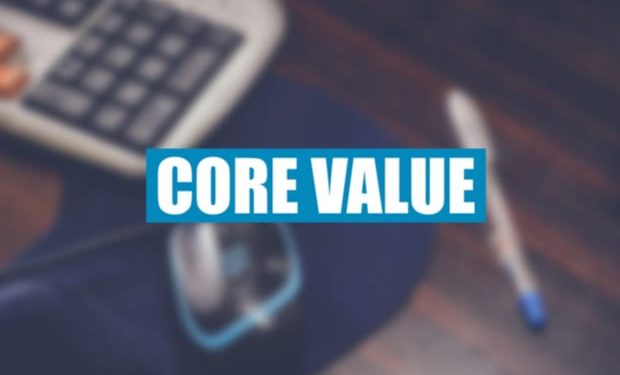Do you know what you value most? Do you know what is most meaningful to you?
“Search Inside Yourself” by Chade-Meng Tan states that if you know the answers to the above questions, then you know what you can work on that serves a higher purpose.
“When that happens, our work can become a source of sustainable happiness for us,” wrote Tan. “We can then become very good at our work because we are happy doing it, which in turn allows us to enjoy the happiness of flow with increasing frequency.”
This is the happiness that is sustainable, versus the happiness that might come from a spot of recognition or a moment of success.
So, how can you create a job, a career, a way of life, where you are doing something for fun and you just happen to get paid for it?
First, it’s discovering your values and higher purpose. Sit down and write out your core values. Take note of what you stand for. Talk it out with a few people and really grasp what it means for your life.
The second step is determining where you want to go. Tan shared how Roz Savage, the first woman to complete the Atlantic Rowing Race solo, one day sat down to write her obituary in a writing exercise. She ended up writing two, one based on her current life and another based on what she aspired to do. “She realized writing the first version drained so much of her energy, she could not finish it, while she was energized while writing the second version— she did not want to stop,” wrote Tan, sharing how Savage then changed her life to pursue her dream.
In fact, Tan explains you should talk about your ideal future a lot. He wrote the more he talked about his dream — making wisdom practices accessible to bring peace to the world — the more real it became. Eventually, it went from impossible to actionable.
But, if you dream big, you have to be OK with failing and feeling stupid — it’s a common experience after all. In the end, how you view your failure is what matters. “What distinguished successful people is their attitude toward failure, and specifically, how they explain their own failures to themselves,” wrote Tan. “People who are optimistic react to setbacks from a presumption of personal power. They feel that setbacks are temporary, are isolated to particular circumstances and can eventually be overcome by effort and abilities.”
So, do you know what you value most? Are you aware of what is most meaningful to you? Define those two things, dream big and don’t be afraid to fail.










